The Roman Baths
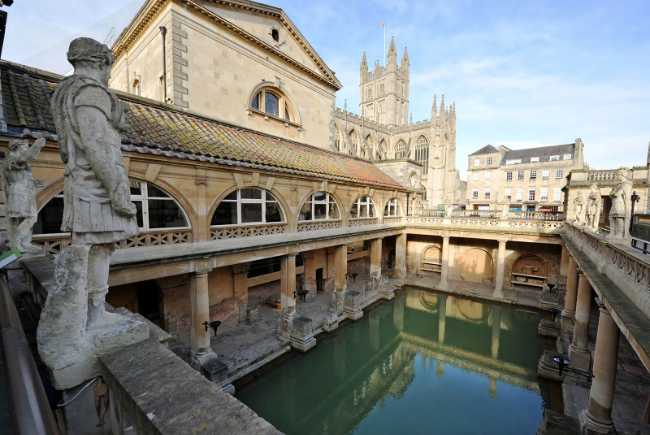
The Roman Baths in Bath are among the best-preserved ancient bathing complexes in the world, offering a vivid glimpse into life in Roman Britain. Built around 70 CE atop natural hot springs, the site was known as Aquae Sulis and dedicated to the goddess Sulis Minerva. The complex includes the Great Bath, heated rooms, and a temple, all fed by mineral-rich waters that still flow at 46°C. Visitors can walk on original Roman pavements and explore museum exhibits featuring artifacts like the gilt bronze head of Minerva and the Beau Street Hoard of Roman coins. Costumed interpreters and immersive displays bring the ancient spa culture to life. Though bathing is no longer permitted, the Baths remain a central attraction in Bath’s UNESCO World Heritage cityscape. Seasonal events such as Summer Lates add a modern twist to this historic venue, with live music and extended hours. The Roman Baths continue to captivate with their blend of archaeology, mythology, and timeless elegance.
Bath United KingdomThe Roman Baths are located at the heart of Bath, Somerset, England, in Abbey Church Yard, BA1 1LZ. This iconic site sits beside Bath Abbey and the elegant Pump Room, placing it at the center of the city’s UNESCO World Heritage area. The baths were constructed around 70 AD over Britain’s only natural hot spring, and today visitors can explore the ancient Great Bath, the ruins of the temple of Minerva, and a museum displaying Roman artifacts, including the Beau Street Hoard. Surrounding the Roman Baths, you’ll find the historic Bath Abbey, the 18th-century Pump Room—famous for its afternoon teas and live music—and the city’s main pedestrian shopping streets. The area is also close to the Thermae Bath Spa, where modern visitors can enjoy natural thermal waters, and within walking distance of the Jane Austen Centre, Pulteney Bridge, and the Guildhall Market. This central location makes the Roman Baths a perfect starting point for exploring Bath’s rich history, architecture, and vibrant city life.
 Fashion Museum Bath
Bath
Fashion Museum Bath
Bath
 Herschel Museum of Astronomy
Bath
Herschel Museum of Astronomy
Bath
 Holburne Museum
Bath
Holburne Museum
Bath
 Museum of Bath Architecture
Bath
Museum of Bath Architecture
Bath
 Museum of East Asian Art
Bath
Museum of East Asian Art
Bath
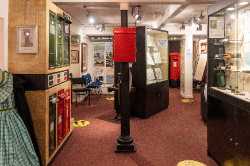 Bath Postal Museum
Bath
Bath Postal Museum
Bath
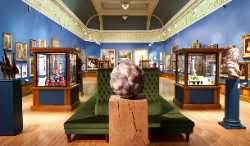 Victoria Art Gallery
Bath
Victoria Art Gallery
Bath
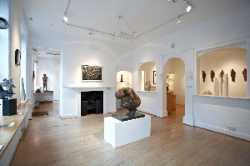 Beaux Arts Bath
Bath
Beaux Arts Bath
Bath
 David Simon Contemporary
Bath
David Simon Contemporary
Bath
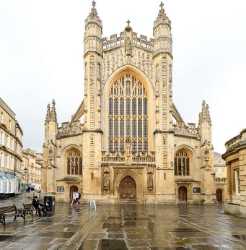 Bath Abbey
Bath
Bath Abbey
Bath
 Guildhall
Bath
Guildhall
Bath
 No. 1 Royal Crescent
Bath
No. 1 Royal Crescent
Bath
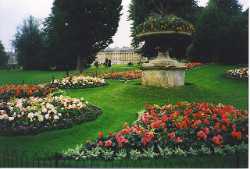 Royal Victoria Park
Bath
Royal Victoria Park
Bath
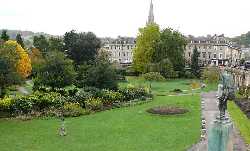 Parade Gardens
Bath
Parade Gardens
Bath
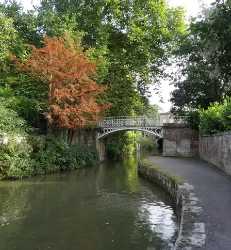 Sydney Gardens
Bath
Sydney Gardens
Bath
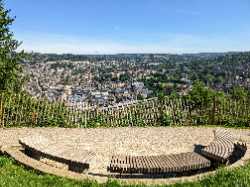 Alexandra Park
Bath
Alexandra Park
Bath
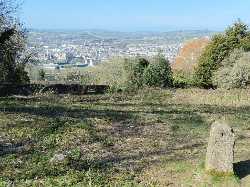 Bath Skyline Walk
Bath
Bath Skyline Walk
Bath
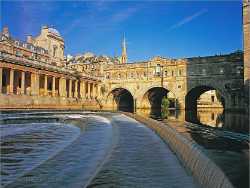 Pulteney Bridge
Bath
Pulteney Bridge
Bath
 The Assembly Rooms
Bath
The Assembly Rooms
Bath
 The Old Theatre Royal
Bath
The Old Theatre Royal
Bath
 Guildhall Market
Bath
Guildhall Market
Bath
 Bath Farmers’ Market
Bath
Bath Farmers’ Market
Bath
 St Michael’s Church
Bath
St Michael’s Church
Bath
 St John the Evangelist Catholic Church
Bath
St John the Evangelist Catholic Church
Bath
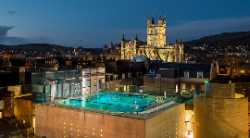 Thermae Bath Spa
Bath
Thermae Bath Spa
Bath
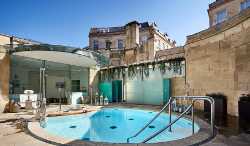 Cross Bath
Bath
Cross Bath
Bath
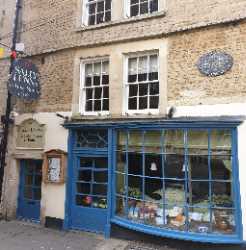 Sally Lunn’s Historic Eating House
Bath
Sally Lunn’s Historic Eating House
Bath
 American Museum & Gardens
Bath
American Museum & Gardens
Bath
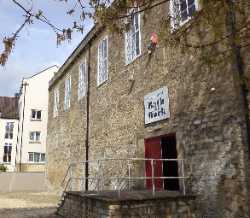 Museum of Bath at Work
Bath
Museum of Bath at Work
Bath
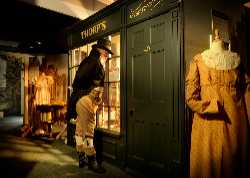 Jane Austen Centre
Bath
Jane Austen Centre
Bath
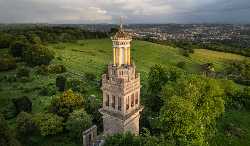 Beckford’s Tower and Museum
Bath
Beckford’s Tower and Museum
Bath
 Nick Cudworth
Bath
Nick Cudworth
Bath
 Mary Shaw
Bath
Mary Shaw
Bath
 44AD Artspace
Bath
44AD Artspace
Bath
 Walcot Chapel Arts Space
Bath
Walcot Chapel Arts Space
Bath
 Clarendon Fine Art Bath
Bath
Clarendon Fine Art Bath
Bath
 Francis Gallery
Bath
Francis Gallery
Bath
 Red Rag Gallery
Bath
Red Rag Gallery
Bath
 Castle Fine Art
Bath
Castle Fine Art
Bath
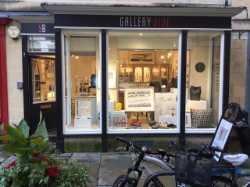 Gallery Nine
Bath
Gallery Nine
Bath
 Pencil Tree Gallery
Bath
Pencil Tree Gallery
Bath
 Adam Gallery
Bath
Adam Gallery
Bath
 Jenny Cowderoy Fine Art
Bath
Jenny Cowderoy Fine Art
Bath